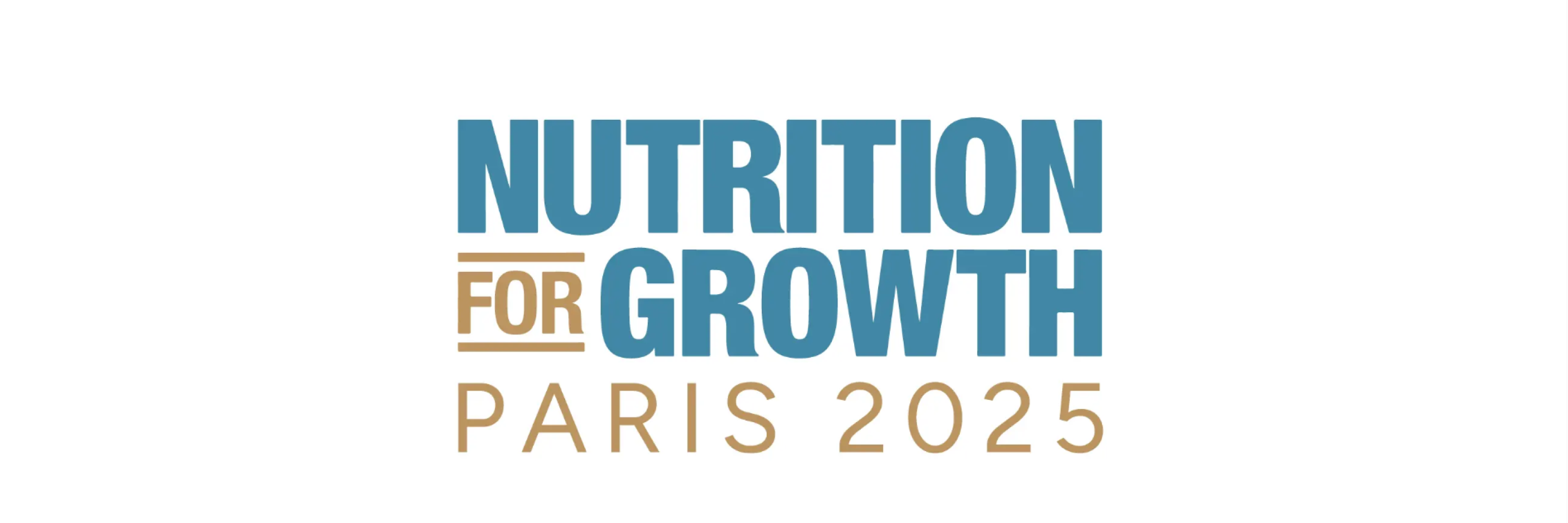
Financing nutrition: from evidence to effective action
Finance is key to advancing the nutrition agenda. This was one of the key takeaways from government leaders, civil society and the private sector who met during the Nutrition for Growth Summit (N4G) and its accompanying events last week in Paris.
In its draft Call to Action for World Leaders, civil society called for “Secure sustainable, flexible, and increased financing for nutrition” while businesses called for “Increasing financing and investments for nutrition” and recommendations for governments, donors and private investors in their Declaration on Business and Nutrition.
Investment for private sector action in nutrition also provided the backdrop for the discussion led by the Zero Hunger Private Sector Pledge during its event at the Village of Solutions. With four panellists representing different stakeholders in civil society and the private sector, the session examined the importance of evidence, the private sector’s financial imperatives and the need for accountability in order to shape effective action. It was followed by a panel discussion with civil society, led by Right2Grow, on the importance of accountability to ensure transformative impact.
Using evidence as a roadmap
For Carin Smaller, Executive Director at the Shamba Centre for Food & Climate, evidence is key to define and design effective interventions for the civil society and private sector to implement. Now more than ever, when science and facts are under attack, evidence-based decisions and interventions are crucial.
The use of evidence to identify the most impactful nutrition-sensitive interventions in agrifood systems is at the core of the upcoming report to be published by the Hesat2030 research project. In her presentation, Carin noted that nutrition education is fundamental to the 10 interventions identified to ensure that healthy/healthier foods are not only produced and processed, but also available on markets and consumed.
Terrence Usibe, Chief Financial Officer of ColdHubs, brought an on-the-ground perspective based on his experience working in Nigeria. His company provides solar-powered and decentralised cold storage solutions for smallholder farmers to prevent the loss of fruits, vegetables, fish, and dairy products and has recently introduced cold trucks to expand the reach of the company’s cold chain. The activities of ColdHubs align with one of the 10 interventions identified by Hesat2030, calling for more storage and distribution infrastructure for nutrient-dense foods.
The need for financial incentives
As the panel found, financial concerns remain a significant barrier for implementation of solutions with positive nutrition outcomes. SMEs struggle to access to finance for SMEs while multinationals have difficulties reconciling short-term financial imperatives with the sustainable development agenda. For investors, a lack of understanding persists about the importance and risks related to (mal)nutrition and other development outcomes in their portfolio.
Alejandro Guarin, Food Systems Transformation Lead at the World Benchmarking Alliance, spoke about the role of larger and multinational corporates in contributing to the production and consumption of more nutritious foods. He noted that many companies are challenged by short-term financial imperatives that may not be favourable to social or environmental impact, so civil society must continue to raise awareness and increase the pressure for businesses to align with the SDGs.
For Efi Chatzinikolaou, Head of Partnerships for the Access to Nutrition Initiative, it is important to acknowledge the various roles and perspectives of private sector actors which includes farmers, SMEs, multinational companies and investors. Investors, guided by the advocacy of civil society, must realise the business case for investing in nutrition. In order to reinforce the accountability of action and commitments, Efi called for the development of metrics to measure impact according to dimensions that are material (i.e. important) to each company.
Education as key to success
All panellists emphasised the role of education to ensure that evidence is preponderant when making decisions by private actors: consumers need to recognise the benefits of eating nutrient-dense foods, companies need to be better informed about ways to strategically integrate sustainability into business, and investors need to realise how their portfolios are vulnerable to the effects of malnutrition. They also need to better understand the opportunities available in investing more in nutrition.
As the discussion concluded, panellists agreed that achieving nutritious agrifood systems will require a whole-of-system approach to ensure that financing follows evidence, beginning with more awareness raised about the importance of nutrition to all stakeholders. Financing will flow into nutrition when education helps evidence seep through the whole system, from knowledge builders and providers to financiers making investment decisions and to companies implementing on the ground.
